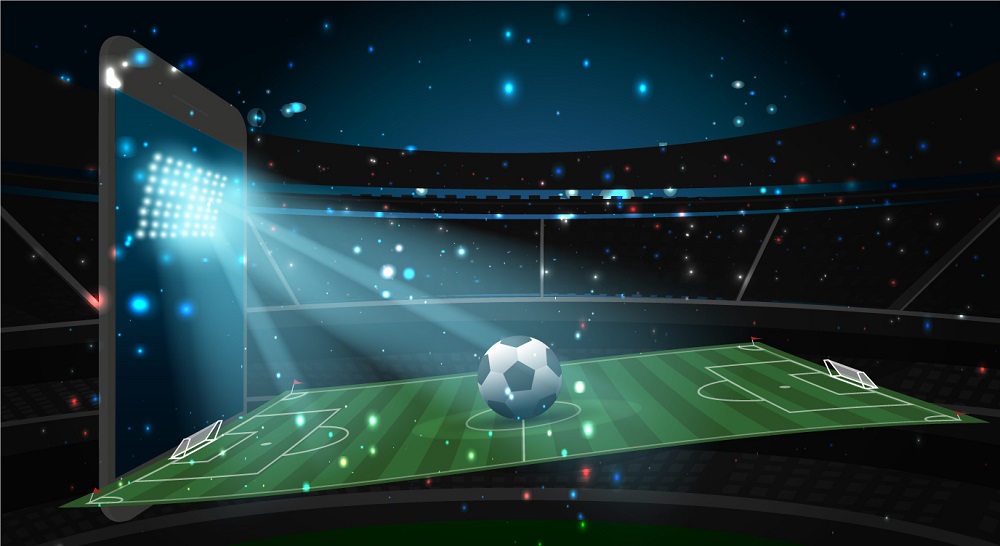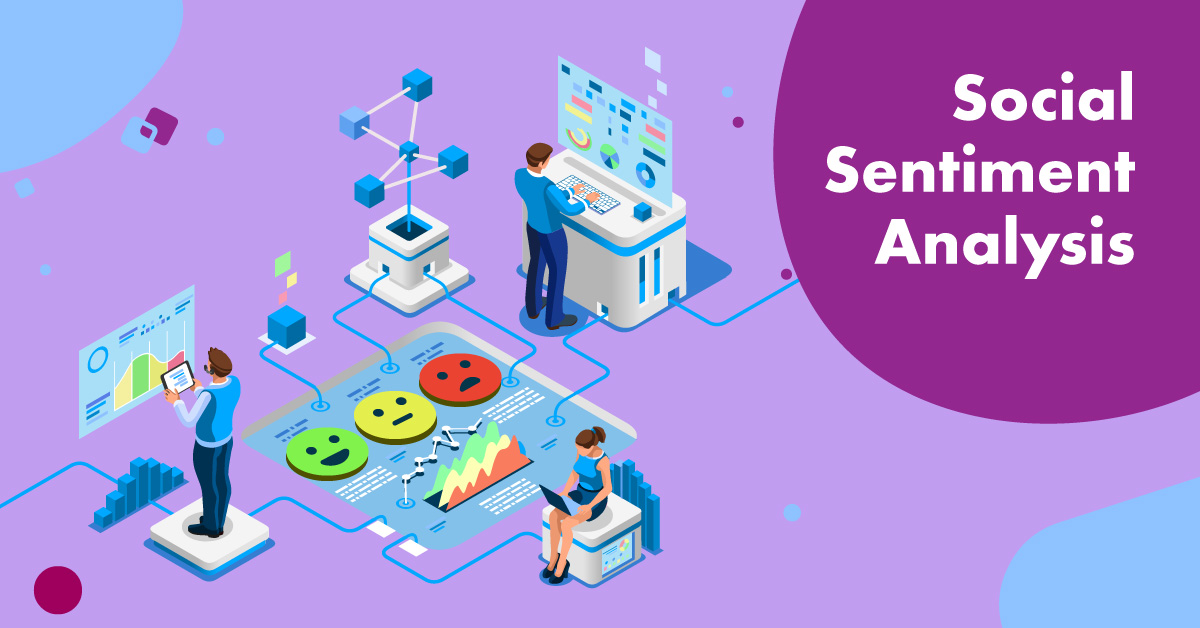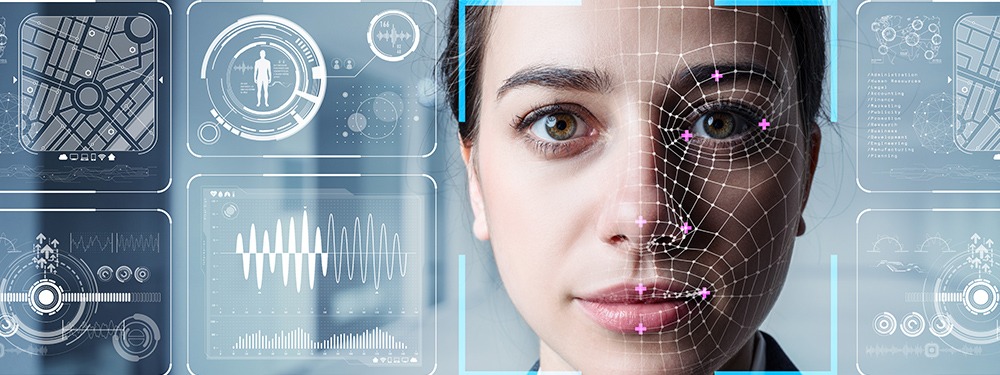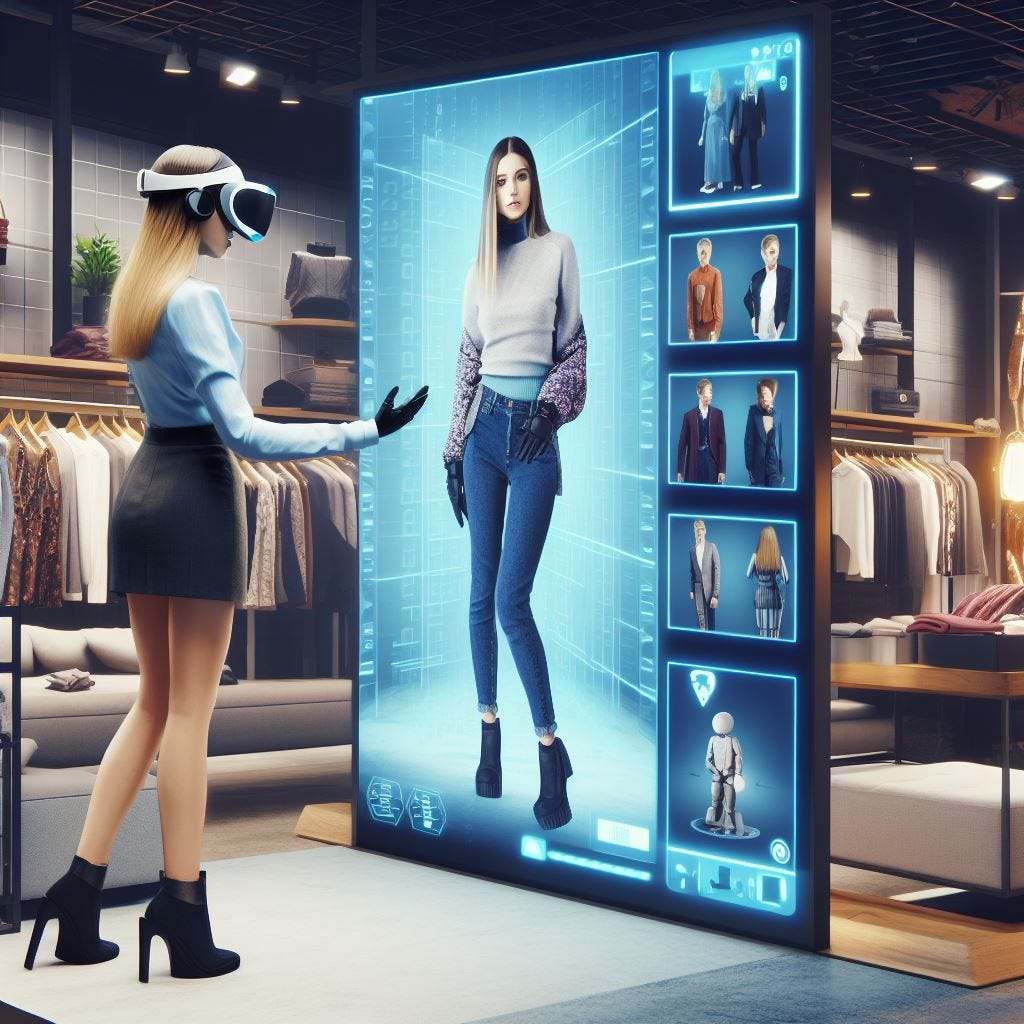Virtual reality (VR) is no longer just a futuristic concept; it's rapidly transforming the realm of soccer training. Imagine ditching monotonous drills and static exercises for hyper-realistic, immersive gameplay scenarios. VR pushes the boundaries of traditional training, offering players and coaches a dynamic and engaging way to hone their skills, develop mental resilience, and accelerate progress.
Here's how VR redefines soccer training
Hyper-Realistic Game Simulations: Forget rigid drills. VR throws players into dynamic, simulated matches against AI opponents of varying skill levels. React to tactical formations, adapt to pressure in real-time, and refine decision-making within a virtual stadium buzzing with simulated fans. It's like stepping onto a real pitch, minus the shin guards and weather.
Precision Skill Development: Gone are the days of aimless shooting practice. VR isolates specific skills, like free kicks, crosses, or passing accuracy, and provides immediate feedback through advanced motion tracking. Imagine practicing free kicks against virtual goalkeepers who react based on your technique, helping you develop pinpoint precision and laser focus.
Mental Toughness Training: VR puts players under the spotlight. Step into penalty shootouts and face down virtual goalkeepers, or navigate high-pressure situations with simulated crowd noise and intense commentary. Develop mental resilience and hone your composure in the most realistic way possible, preparing you for the psychological demands of the actual game.
Injury Prevention and Rehabilitation: VR isn't just for healthy players. It can aid in injury prevention by incorporating balance and proprioception exercises into training programs. Additionally, VR can guide rehabilitating players through controlled movements and personalized workout routines, speeding up recovery and reducing the risk of reinjury.

Accessibility and Convenience: VR breaks down geographical barriers and weather limitations. Train anytime, anywhere, with only a VR headset and minimal space. This opens up opportunities for players of all levels and locations to access high-quality training, democratizing the beautiful game and making top-notch training readily available.
However, VR isn't a magic solution. Some key challenges include
- Technology cost and accessibility: High-end VR equipment can be expensive, limiting access for some players and teams.
- Potential simulator sickness: Not everyone adjusts well to VR, and motion sickness can disrupt training sessions.
- Overreliance on technology: VR shouldn't replace traditional training methods altogether. A balanced approach incorporating real-world practice remains crucial for holistic development.
Despite these challenges, VR's potential to revolutionize soccer training is undeniable. As technology advances and becomes more affordable, we can expect VR to become an indispensable tool for coaches, players, and academies across the globe.
The core benefits of VR in soccer training are just the tip of the iceberg. Let's delve deeper into some exciting possibilities
1. Tactical Training Made Immersive: Imagine virtual simulations where players test formations, practice set pieces against specific defensive strategies, and experience different playing styles firsthand. Coaches can analyze performance data in real-time, providing personalized feedback and adjusting tactics on the fly.
2. Personalized Training Programs: VR can tailor training routines to individual needs and playstyles. Analyze a player's strengths and weaknesses through motion tracking data, and create VR drills that target specific areas for improvement. This ensures focused practice and accelerated development.
3. Enhanced Visual Perception: VR can train players to scan the field, anticipate movements, and react quickly to changing situations. Imagine exercises where players track moving targets, make split-second decisions under pressure, and improve their spatial awareness in a virtual stadium environment.
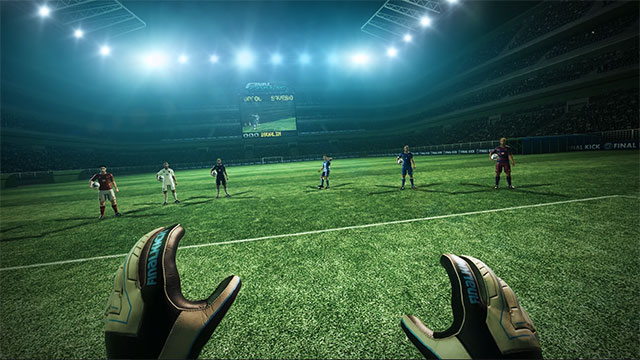
4. Virtual Scouting and Talent Development: VR can revolutionize scouting. Imagine identifying potential talent by immersing young players in realistic game scenarios and assessing their decision-making, technical skills, and mental resilience within a virtual setting.
5. Collaborative Training Across Time and Space: VR bridges geographical barriers. Players in different locations can train together in virtual environments, collaborate on tactics, and even compete in simulated matches, fostering teamwork and communication without physical limitations.
6. Injury Rehabilitation and Return to Play: VR can play a crucial role in injury rehabilitation. Controlled movements and exercises within VR environments can promote healing, build confidence, and help players gradually return to the field, minimizing the risk of re-injury.
7. Analyzing and Improving Officiating: VR can create immersive training simulations for referees, allowing them to practice decision-making in challenging situations, review controversial calls, and improve their understanding of the game from a player's perspective.
8. Psychological Training and Mindfulness: VR can be used for mental training exercises, helping players manage anxiety, visualize success, and build mental resilience. Imagine guided meditations and visualization techniques conducted within calming virtual environments to enhance focus and composure on the pitch.
9. The Future of Fan Engagement: Imagine fans experiencing the thrills of the game from a player's perspective through VR broadcasts. Witness goals from the striker's point of view, feel the tension of a penalty shootout from the goalkeeper's gloves, and connect with the game on a deeper level than ever before.
10. Ethical Considerations and Data Privacy: As VR technology evolves, it's crucial to address potential ethical concerns around player data collection and usage. Transparency, consent, and responsible data management are essential in this growing field.
The possibilities of VR in soccer training are endless. This technology has the potential to revolutionize every aspect of the game, from player development and coaching strategies to fan engagement and the future of officiating. As we embrace innovation and navigate ethical considerations, VR is poised to take soccer training to a whole new level, rewriting the rules of the game one pixel at a time.
For more information contact : support@mindnotix.com
Mindnotix Software Development Company


 AI-Taxi App
AI-Taxi App AI-Food App
AI-Food App AI-Property Mgmt App
AI-Property Mgmt App AI-CRM
AI-CRM AI-Fantasy App
AI-Fantasy App
 Web Development
Web Development App Development
App Development Business & Startup
Business & Startup Hire Developer
Hire Developer
 Digital Marketing
Digital Marketing Lead-generation
Lead-generation Creative Agency
Creative Agency Branding Agency
Branding Agency Augmented Reality
Augmented Reality Virtual Reality
Virtual Reality Internet of Things
Internet of Things Artificial Intelligence
Artificial Intelligence Blockchain
Blockchain Chatbot
Chatbot